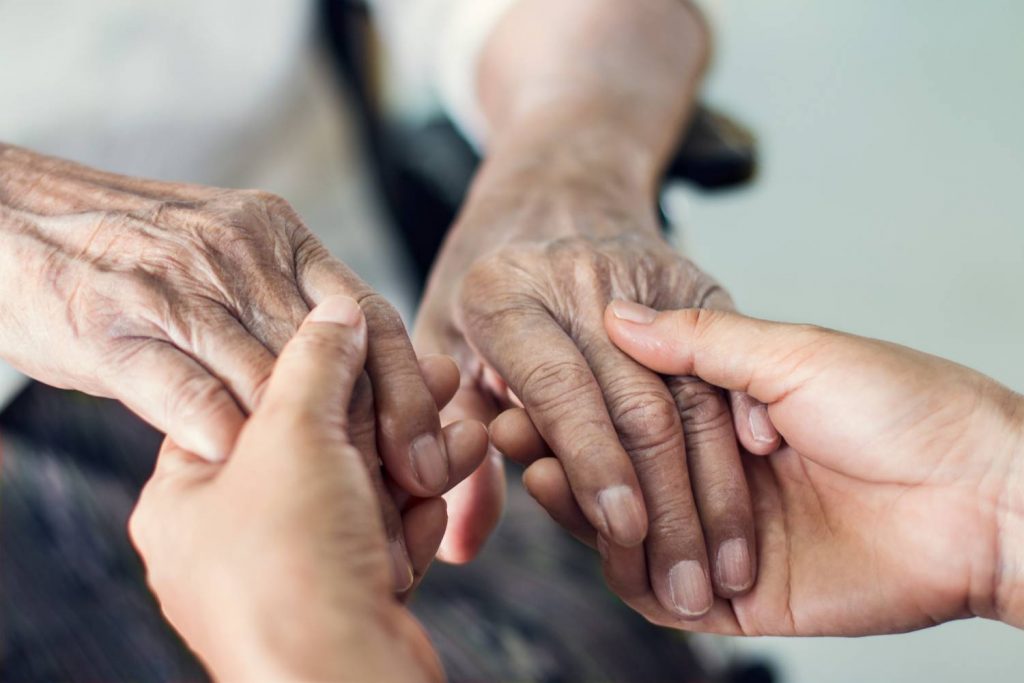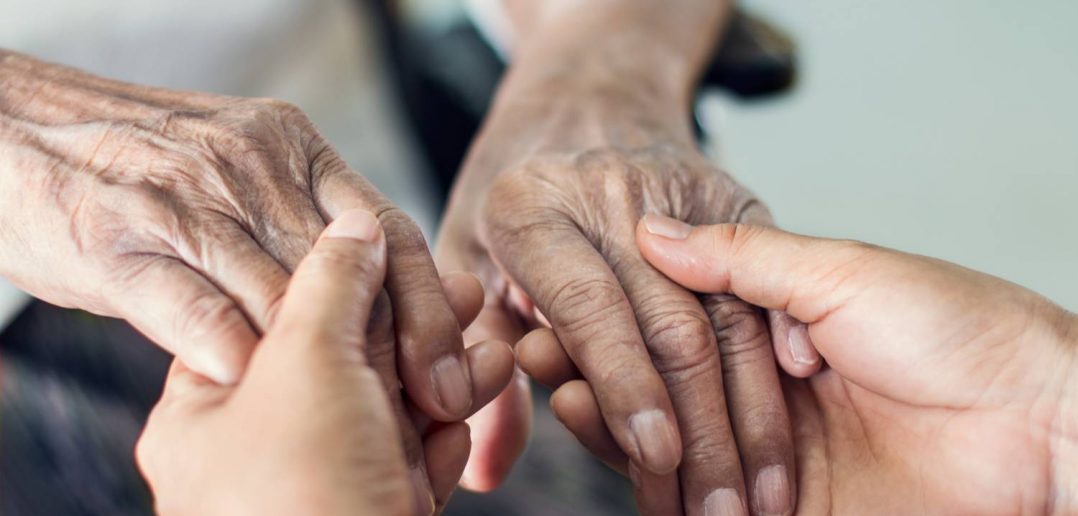
Getting people with mental health conditions the help they need is a top priority for many Californians, according to a recent California Health Care Foundation report. In 2004, Golden State voters approved the Mental Health Services Act (MHSA). Enacted into law in January 2005, MHSA has generated approximately $15 billion over the last 15 years for county-based mental health services and programs across the state, including mental illness prevention, early intervention and recovery support.
This large, decentralized program is administered by the Mental Health Services Oversight and Accountability Commission (MHSOAC), which holds public mental health systems accountable while promoting wellness, recovery and resilience for people who are living with mental illness.
Surprisingly, the largest psychiatric institutions in California are not hospitals or health centers – they’re jails and prisons. Thus, a major aim of the MHSA is to treat people with mental health conditions before they end up in the criminal justice system.
Full-service partnership (FSP) programs are one way that counties try to accomplish this. These intensive and coordinated programs – which can include housing, transportation, medical care, education and employment – aim to give people who are battling mental illness what they need to live independently.
Measuring the impact of mental health programs
Dawnté Early, PhD, is the Chief of Research and Evaluation at the MHSOAC. Dr. Early wanted to help MHSOAC understand the true impact of FSP programs, which can cost more than $20,000 per person. Do these programs actually help keep people living with mental illness out of the criminal justice system? If so, what’s the financial impact to the state?
To understand the connection between FSP programs and the justice system, Early and her team used SAS to link FSP and Department of Justice data. The Commission studied more than 64,000 FSP participants and corresponding justice data of approximately 81,000 arrests.
The analysis showed a strong association between FSP participation and reductions in arrests. Program participants saw a 47% reduction in arrests and, even more remarkably, a 69% reduction among clients who had previous high criminal justice involvement
I will share more details of the MHSOAC story in the future but I wanted to post this for two reasons. One, September is Recovery Month, and my mission continues to be to reduce the stigma and discrimination associated with behavioral health and substance misuse issues.
Two, I want to extend a heartfelt congratulations to Dr. Early and MHSOAC, whose Criminal Justice Data Linkage Project was named a State IT Innovation of the Year in the StateScoop 50 Awards.
I am honored and proud to support people like Dr. Early who are committed to improving community health and transforming lives through innovation and hard work.
“Data is the currency for mental health transformation,” Early says. “By bringing disparate data together, we have the power to integrate these systems and tell a broader story about how we are helping individuals live their best lives.”
Read more data-for-good stories from SAS
